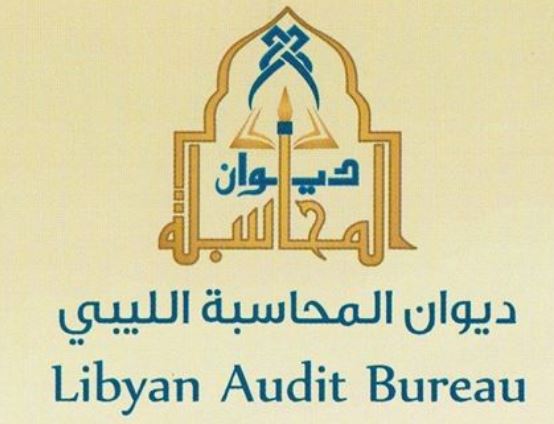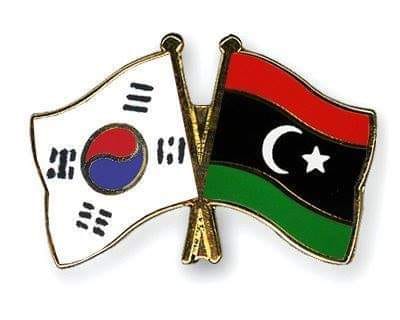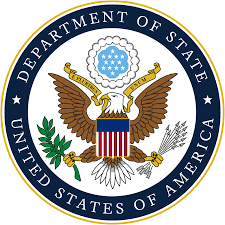Tripoli, 14 April:
On the sidelines of the Tripoli International Fair last week, the Undersecretary at the Ministry of Economy, Rajab Khalil, . . .[restrict]commented that the Ministry had put in place a strong programme in order to help “reinvigorate life back into the Libyan economy”.
“We are on the verge of achieving an ambitious and wide programme which we are depending on to a great extent to drive and activate the national economy.” He hoped that this would increase the rate of economic growth and ensure a high level of human resource development.
The undersecretary further revealed that he was optimistic about the major role to be played by the private sector in this economic re-growth, and admitted that the only real outstanding impediment he saw to this was the issue of financing.
His reference to the problematic issue of financing in Libya touches upon two main points in Libya’s underdeveloped and uncompetitive financing sector. Libya’s local banks represent an enigma in that while they are sitting on huge mountains of cash, they have historically actually engaged in relatively little lending to the small to medium private business sector.
Besides the socialist and welfare outlook of the outgoing regime, this was caused by two main fundamentals; namely the historically poor legal infrastructure which did not guarantee the rights of banks to ensure their investments, and the non-availability of Islamic banking in the Libyan banking marketplace.
Referring to examples of recent steps taken to ensure economic and security stability, the undersecretary referred to the reactivation of the Meresa Free Zone in Benghazi, as reported by Libya Herald, which he said would contribute positively to “the creation of more than 40,000 direct and indirect job opportunities in the eastern region”.
He also highlighted the opening of the Privatisation and Investment Board’s (PIB) new regional office in Benghazi as a further example of progress
These steps would also help reactivate the city of Benghazi as an important commercial centre, he stressed.
Recognising the existence of real impediments to Libyan economic growth and the urgent need for reform, he added that the Ministry of Economy was going to “re-organise the Libyan domestic economy, be it on the level of wholesalers or retailers”.
Tweet
[/restrict]









